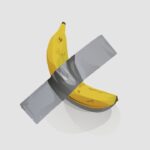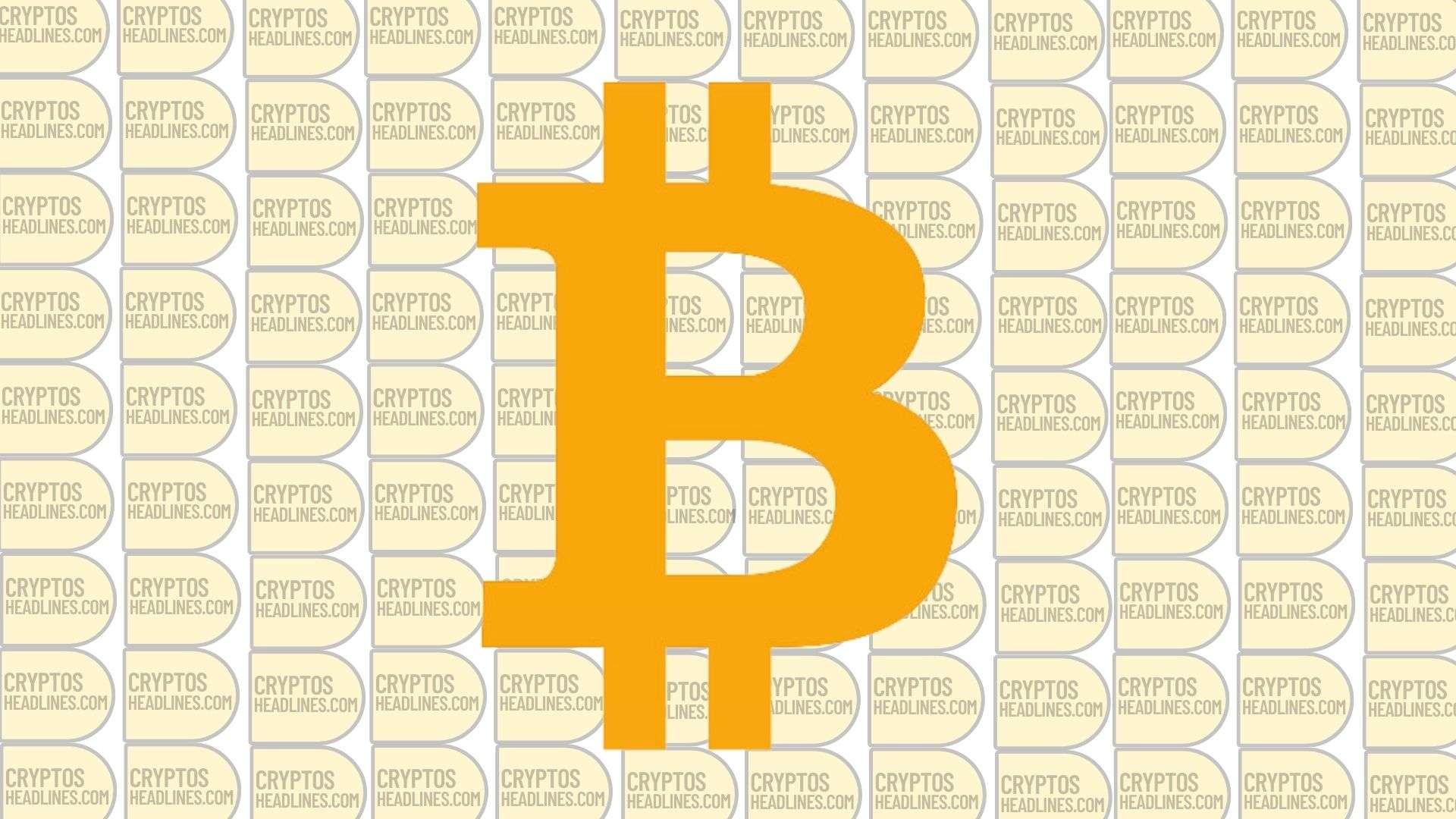A court has rejected granting copyright to art produced by AI, reaffirming human authorship. Dr. Stephen Thaler’s bid for AI-made work copyright was dismissed, confirming that copyright law remains tied to human creators despite AI advancements.
The US Federal District Court in Washington, D.C. has confirmed that works created solely by artificial intelligence (AI) without human input cannot be copyrighted. This decision was made in a case involving Dr. Stephen Thaler, who challenged the denial of his copyright application for an artwork made entirely by AI technology.
Judge Affirms Human Authorship Requirement for Copyright:
Judge Beryl Howell, leading the case, strongly emphasized that human authorship is vital for copyright. She said, “Copyright requires human authorship.” This supports the US Copyright Office (USCO) and the idea that copyright law is based on human creativity.
The case was titled Stephen Thaler v. Shira Perlmutter and The United States Copyright Office. It went through legal steps and ended with a recent court decision. The issue came up when Thaler’s request for copyright was denied by the USCO. He said his work, called “A Recent Entrance to Paradise,” was made by an AI system named The Creativity Machine.
Thaler’s challenge was about whether AI-made work can get copyright. Dr. Ryan Abbott, who was on Thaler’s legal team, argued that making and sharing new things should be important, no matter who made them.
Court Decision on AI-Created Copyright:
Judge Howell made a short order where she agreed with the US Copyright Office (USCO) and disagreed with Thaler. The court’s focus was on whether the Register of Copyrights did something wrong in denying the copyright.
The court said there wasn’t enough proof in the records that Thaler helped develop or own the AI software that made the work. So, the court looked at whether the USCO’s denial was okay.
Judge Howell said the USCO was right in not giving copyright. She said Thaler’s AI-made work wasn’t as complex as more advanced technologies. The court decided this from the records, showing Thaler was important in making the AI system, The Creativity Machine, produce the image.
The decision was based on the fact that Thaler didn’t show proof of his part in the AI’s work. So, the USCO was right in denying copyright because there wasn’t human authorship, even though Thaler said otherwise.
Court Ruling and Potential Appeal for AI Copyright:
Judge Howell’s decision agrees with past rulings that say copyright needs human authors. But Dr. Ryan Abbott wants to appeal this. He thinks AI-made things should get copyright, like the Copyright Act says.
Before this, Thaler also tried to change the meaning of “inventor” at the U.S. Supreme Court. But that didn’t work. We don’t know if Thaler’s appeal for copyright will have a different result.
Court’s Decision and the Future of AI Copyright:
The court’s choice lines up with the US Copyright Office’s view on AI-made things. They say copyright is for things made by humans, not just machines. They look at how much humans and machines contribute to the creative process.
But there’s a bigger issue: whether AI-made things should get copyright. This might need new laws from the government. For now, Judge Howell’s decision shows that copyright is still mainly for humans.
This recent court ruling makes it clear that copyright needs human creators, especially for AI-made stuff. This case shows how technology and copyright law mix, and it might lead to new laws.
Important: Please note that this article is only meant to provide information and should not be taken as legal, tax, investment, financial, or any other type of advice.
Join Cryptos Headlines Community
Follow Cryptos Headlines on Google News








